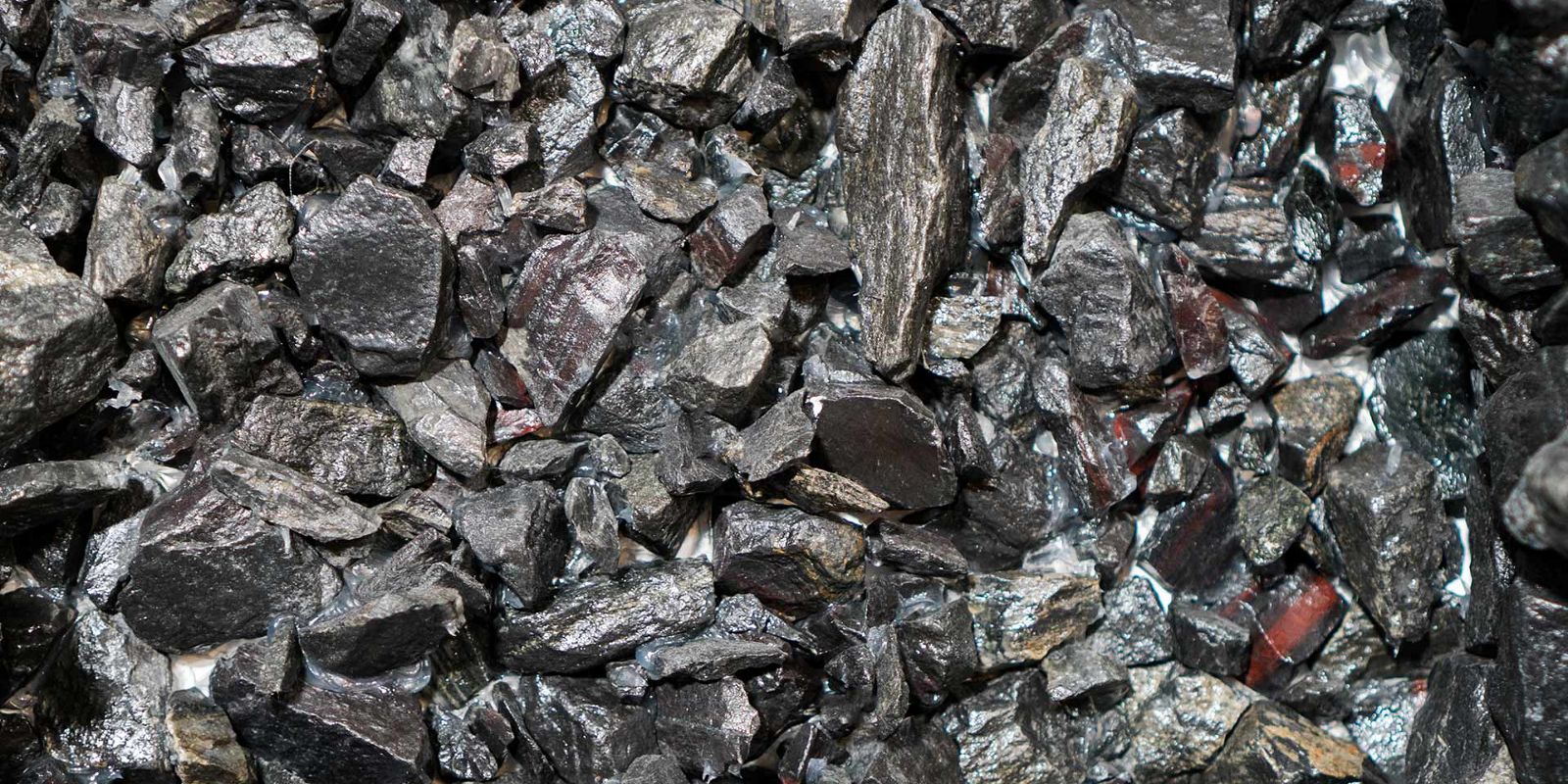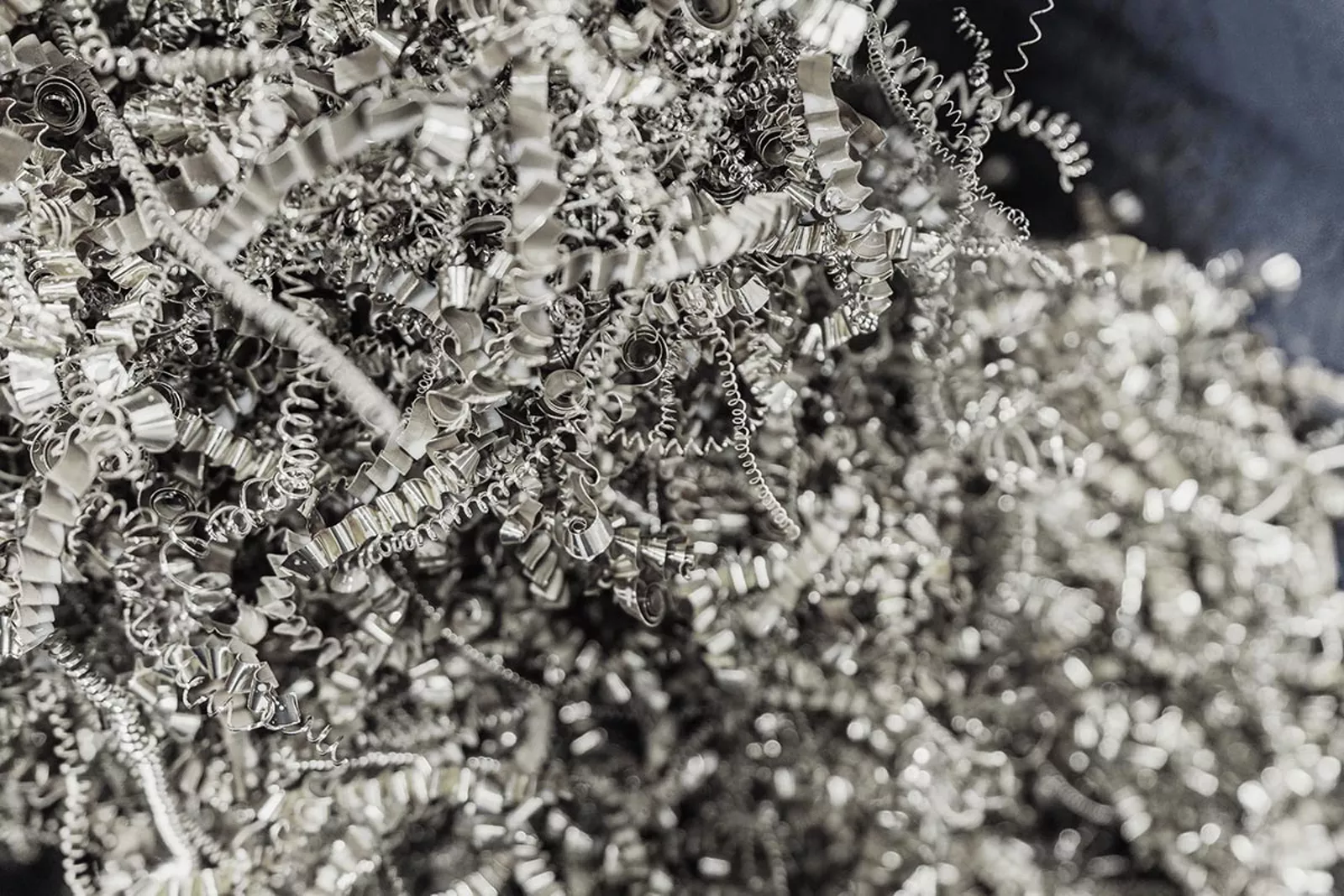Responsibility means commitment: Responsible procurement of tungsten and tantalum
As one of the world's leading manufacturers of products made from refractory metals such as molybdenum, tungsten, and tantalum, we carry great responsibility. Some tungsten and tantalum mines are located in conflict zones and other high-risk regions. It is our duty to ensure that the raw materials we procure are not financing armed conflicts.
We only select suppliers that comply with rigorous procurement guidelines as per our Supplier Policy and Code of Conduct. Raw materials suppliers must not only meet our strict quality guidelines, but they must also unreservedly respect human rights, labor laws, and international trade law, and provide proof that their raw materials come from "conflict-free" sources and meet strict environmental requirements.
We implement the guidelines of the Organization for Economic Cooperation and Development (OECD) ("Due Diligence Guidance for Responsible Supply Chains of Minerals from Conflict-Affected and High-Risk Areas") and the EU Regulation (Regulation (EU) 2017/821) establishing supply chain due diligence obligations.
As a sustainable company aware of our responsibilities, we exercise due diligence in sourcing our raw materials. Compliance with this commitment is confirmed by the Responsible Minerals Initiative in the course of regular audits as part of the RMI Downstream Assessment Program.
Our duty of due diligence in the supply chain of tungsten and tantalum is defined in the following documents:




